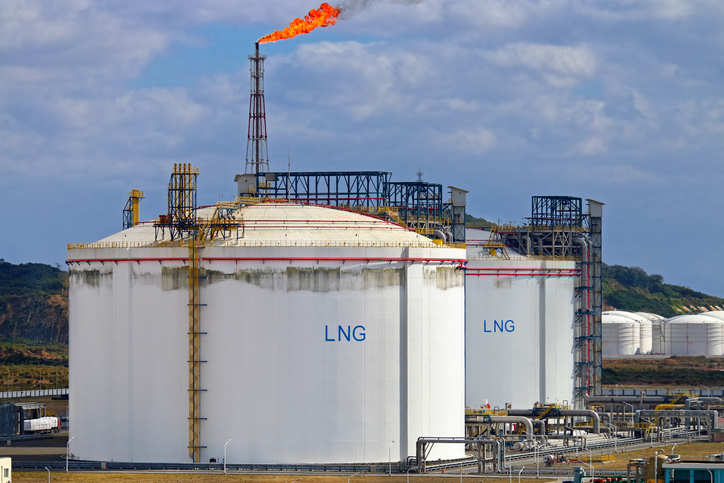
"While we still need to carefully verify sanctions details, we currently do not see any impact [on our Sakhalin 2 LNG procurement] because the seller of the Sakhalin 2 LNG is not a Russian corporate entity, and the payment settles via non-Russian bank," the spokesperson said.Russian LNG supply accounts for less than 10% of JERA's annual LNG imports of over 30 million mt.
"At this moment, we are not hearing from the seller of the Sakhalin 2 LNG that their supply has been impacted," the spokesperson added.
The Sakhalin 2 LNG project in Russia's Far East is maintaining its LNG production and supply to its customers normally, said a source close to the project.
Another major Japanese buyer of Sakhalin 2 LNG also does not expect the SWIFT sanctions on designated Russian banks to have an impact on its LNG purchase, a company source said.
"While it is still yet to be verified, we will probably be fine [for our Sakhalin 2 LNG procurement] because we are paying in [US] dollars via an offshore bank," the source said.
The comments from Japanese buyers of Sakhalin 2 LNG comes as the project accounts for almost all of Japan's LNG imports from Russia. Russia accounted for 9% of Japan's total LNG imports of 74.32 million mt in 2021 and 4% of total crude imports of 2.48 million b/d, according to the most recent Ministry of Finance data.
Japan's largest refiner ENEOS is currently scrutinizing the potential impact from the SWIFT ban on designated Russian banks on its businesses with Russia, including crude oil purchase, a company spokesperson said.
Additional sanctions
Japanese Prime Minister Fumio Kishida said Feb. 27 that the country will impose additional sanctions on Russia and that Japan will join the US and European countries' efforts to bar designated Russian banks from the SWIFT payment system.
Speaking to reporters Feb. 27, Kishida said Japan had also decided to impose additional sanctions such as an asset freeze on Russian President Vladimir Putin and other Russian government officials and join the US and European countries' sanctions following their requests in the wake of Russia's invasion of Ukraine.
The move by Japan followed the US, Canada and European allies who announced Feb. 26 a new set of sanctions on Russia for its invasion of Ukraine that will bar Russian banks from the SWIFT international payment system and tie the hands of its central bank.
Details on how the sanctions will be implemented have not been unveiled, so it remains unclear whether these new moves will specifically impact oil and gas flows.
"Although the details have not yet been released, it appears to be narrowly targeted and thus should not directly affect Russian commodity exports," said Rick Joswick, head of Global Oil Analytics at Platts Analytics.
US Ambassador to Japan Rahm Emanuel said in a Feb. 27 statement: "The United States welcomes Prime Minister Kishida's swift decision to align Japan with actions announced by the US, outlined in the Feb. 26 Joint Statement on Further Restrictive Economic Measures.
"The US looks forward to coordinating closely with Japan in the coming days to implement these measures and to take further steps together with the G-7 and likeminded partners to impose costs on President Putin for his reckless decision to wage war in Ukraine," Emanuel said.